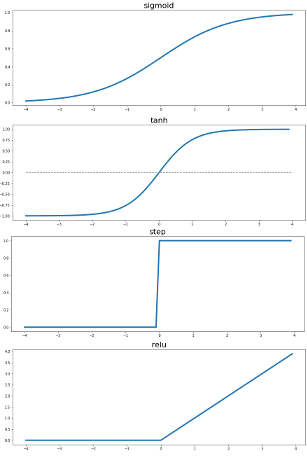When I wrote Semantic web semantics vs. vector embedding machine learning semantics, I described how distributional semantics–whose machine learning implementations are very popular in modern natural language processing–are quite different from the kind of semantics that RDF people usually talk about. I recently learned of a fascinating project that brings RDF technology and distributional semantics together, letting our SPARQL query logic take advantage of entity similarity as rated…
When I presented “intro to the semantic web” slides in TopQuadrant product training classes, I described how people talking about “semantics” in the context of semantic web technology mean something specific, but that other claims for computerized semantics (especially, in many cases, “semantic search”) were often vague attempts to use the word as a marketing term. Since joining CCRi, though, I’ve learned plenty about machine learning applications that…
While watching an excellent video about the pandas python data analysis library recently, I learned about how the University of Minnesota’s grouplens project has made a large amount of movie rating data from the movielens website available. Their download page lets you pull down 100,000, one million, ten million, or 100 million ratings, including data about the people doing the rating and the movies they rated.
Earlier this month I tweeted “When people write about AI like it’s this brand new thing, should I be amused, feel old, or both?” The tweet linked to a recent Harvard Business Review article called Data Scientists Don’t Scale about the things that Artificial Intelligence is currently doing, which just happened to be the things that the author of the article’s automated prose-generation company is doing.


